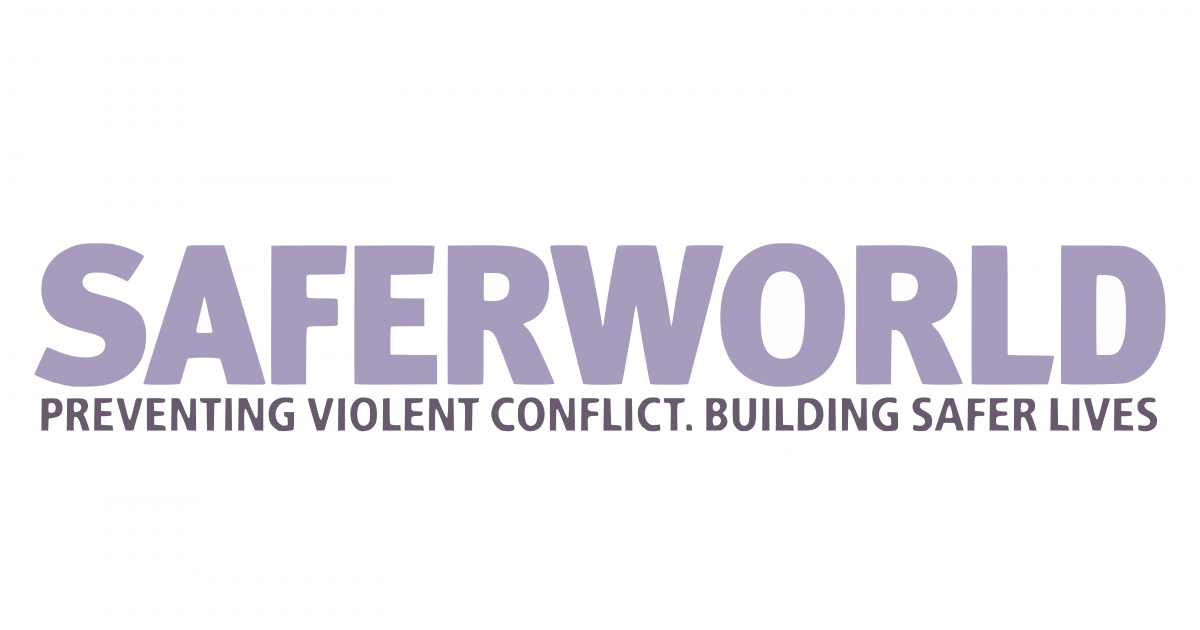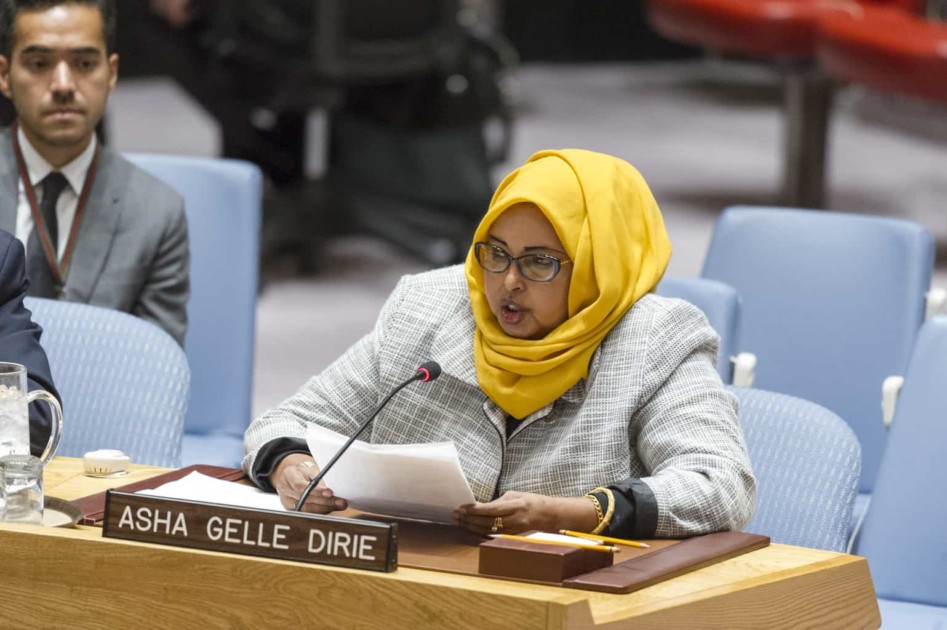Somalia
Somalia’s long-running armed conflict has been characterized by extremism, sectarian political violence, complex humanitarian crises, and piracy, and women have been disproportionately at risk of death and as targets of sexual and gender-based violence and displacement.
Based on the work of NGOWG members and their partners, the NGOWG advocates for women’s political participation, women’s meaningful and active participation in design and implementation of humanitarian responses, and strengthened mechanisms to prevent and respond to sexual and gender based violence.
Somalia
Somalia’s long-running armed conflict has been characterized by extremism, sectarian political violence, complex humanitarian crises, and piracy. Women have been disproportionately at risk of death, and as targets of sexual and gender-based violence and displacement.
Based on the work of NGOWG members and their partners, the NGOWG advocates for women’s political participation, women’s meaningful and active participation in design and implementation of humanitarian responses, and strengthened mechanisms to prevent and respond to sexual and gender based violence.
Current and Past Recommendations to the UN Security Council (Monthly Action Points)
In line with the recommendations of the Secretary-General (S/2017/404), the Security Council’s renewal of the mandate of the UN Assistance Mission in Somalia (UNSOM) should expand upon its existing WPS provisions (SCR 2158 (2014), OPs 1(d)(i), 1(d)(iii), 1(d)(iv), 1(e)(iii)), 12; SCR 2232 (2015), OP 33; SCR 2275 (2016), OP 4)) to better integrate the WPS agenda, beyond protection, by including provisions which require UNSOM to:
- Take fully into account gender considerations as a crosscutting issue throughout its mandate.
- Support women’s participation in all peace and security processes, including political and electoral processes and the security sector, through capacity-building and efforts which challenge gender norms that restrict gender sensitive behaviors within these institutions.
- Monitor and report on human rights violations, including SGBV and targeting of human rights defenders.
- Reinforce the importance of strengthening accountability in the security sector, and underline UNSOM’s role, in collaboration with African Union Mission in Somalia (AMISOM) and the Government, in fully implementing the Secretary-General’s Human Rights and Due Diligence Policy (HRDDP).
- Regularly consult with CSOs, including women’s groups.
Further, in the context a new government in Somalia, created in March 2017, and the London Conference on Somalia held in May 2017, the Council should underline the importance of embedding respect for and promotion of fundamental human rights norms, including women’s rights, throughout all institutions and policymaking processes. The Council should strengthen its call on the Government to ensure all consultative processes are inclusive and ensure robust participation of diverse women and women’s groups (S/2016/27) across different levels of decision making. In achieving this, the Council should call upon all relevant stakeholders to take concrete actions that protect women from risks of intimidation, harassment and false accusations that are used as a means to discredit their reputation, and are among the key barriers to women’s participation in public offices. Finally, the Council should request information and analysis on the differential impact of terrorism and violent extremism on the human rights of women and girls, as well as on the UN efforts to ensure the participation and leadership of women and women’s organizations in countering terrorism and violent extremism (SCR 2242 (2015), PP, OP 13). Active efforts should be taken to ensure that these strategies do not put women at risk or undermine the peacebuilding efforts of local women’s groups, rather that these be informed by gender-sensitive risk analysis that considers the risks women and women’s rights groups are exposed to if they are expected to become either informants or to counter recruitment of their male family members.
In line with the recommendations of the Secretary-General (S/2017/404), the Security Council’s renewal of the mandate of the UN Assistance Mission in Somalia (UNSOM) should expand upon its existing WPS provisions (SCR 2158 (2014), OPs 1(d)(i), 1(d)(iii), 1(d)(iv), 1(e)(iii)), 12; SCR 2232 (2015), OP 33; SCR 2275 (2016), OP 4)) to better integrate the WPS agenda, beyond protection, by including provisions which require UNSOM to:
- Take fully into account gender considerations as a crosscutting issue throughout its mandate.
- Support women’s participation in all peace and security processes, including political and electoral processes and the security sector, through capacity-building and efforts which challenge gender norms that restrict gender sensitive behaviors within these institutions.
- Monitor and report on human rights violations, including SGBV and targeting of human rights defenders.
- Reinforce the importance of strengthening accountability in the security sector, and underline UNSOM’s role, in collaboration with African Union Mission in Somalia (AMISOM) and the Government, in fully implementing the Secretary-General’s Human Rights and Due Diligence Policy (HRDDP).
- Regularly consult with CSOs, including women’s groups.
Further, in the context a new government in Somalia, created in March 2017, and the London Conference on Somalia held in May 2017, the Council should underline the importance of embedding respect for and promotion of fundamental human rights norms, including women’s rights, throughout all institutions and policymaking processes. The Council should strengthen its call on the Government to ensure all consultative processes are inclusive and ensure robust participation of diverse women and women’s groups (S/2016/27) across different levels of decision making. In achieving this, the Council should call upon all relevant stakeholders to take concrete actions that protect women from risks of intimidation, harassment and false accusations that are used as a means to discredit their reputation, and are among the key barriers to women’s participation in public offices. Finally, the Council should request information and analysis on the differential impact of terrorism and violent extremism on the human rights of women and girls, as well as on the UN efforts to ensure the participation and leadership of women and women’s organizations in countering terrorism and violent extremism (SCR 2242 (2015), PP, OP 13). Active efforts should be taken to ensure that these strategies do not put women at risk or undermine the peacebuilding efforts of local women’s groups, rather that these be informed by gender-sensitive risk analysis that considers the risks women and women’s rights groups are exposed to if they are expected to become either informants or to counter recruitment of their male family members.
Relevant Resources










